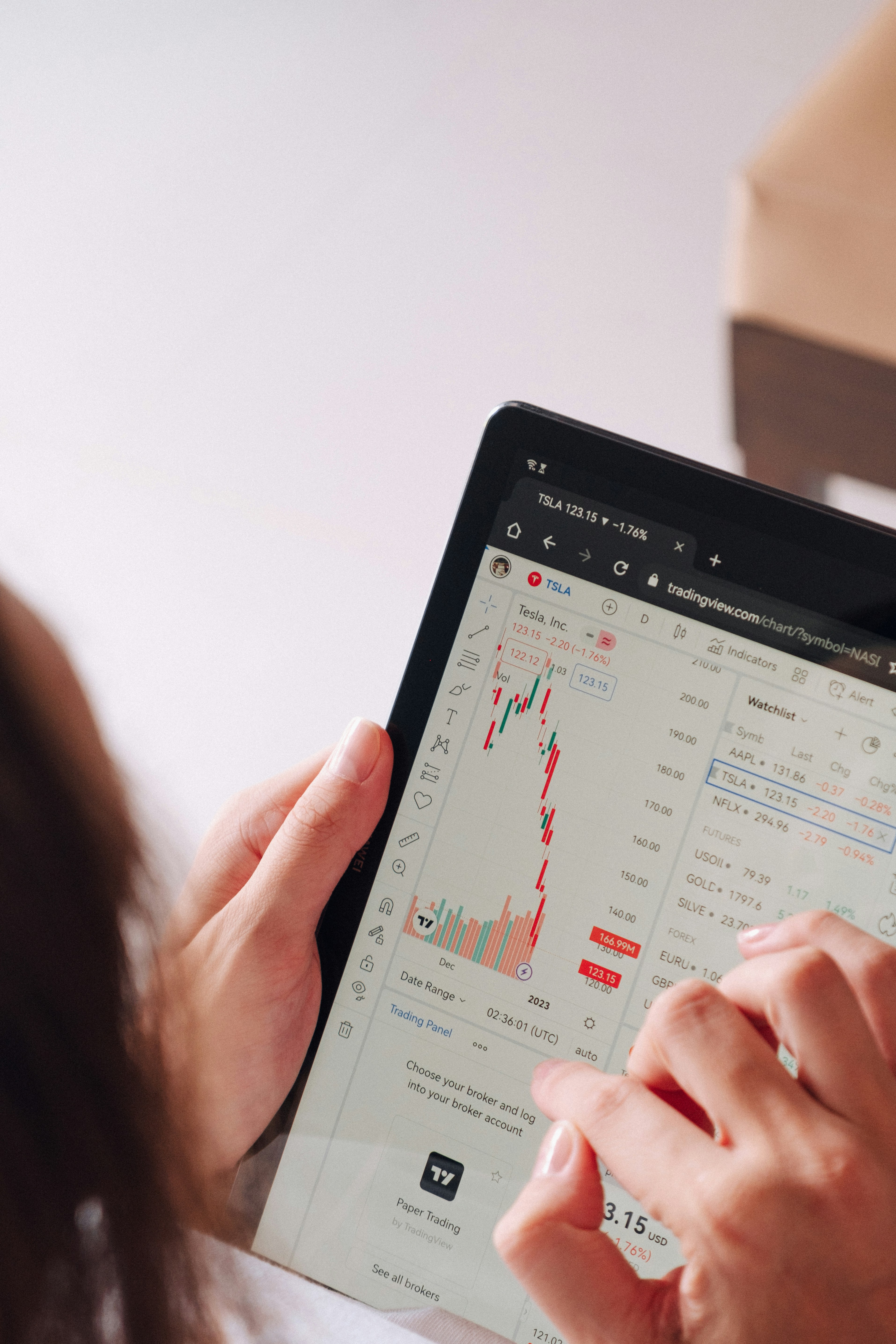What happened last week?
US
- US utility firms are investing record amounts in power infrastructure to meet surging electricity demand from data centres.
- The US dollar just suffered its worst first-half performance since 1973.
Europe
- Robinhood unveiled a new way for Europeans to invest in hot private companies like OpenAI and SpaceX.
Asia
- Japan’s annual wage negotiations concluded with the biggest pay increase in 34 years.
Why It Matters
A new report from Jeffries investment bank predicted that data centres would help push American electricity demand up by 25% by 2030 and by 78% by 2050, compared to 2023’s levels. Utility companies are predicted to spend a historic $212 billion this year, just to keep up with that rising need – 22% more than last year and over double what they spent a decade ago. A big chunk of the cash will go toward power plants and transmission lines, stemming years of underinvestment in the grid.
The US dollar recorded its worst first half of the year since 1973, dropping 11% against a basket of six other currencies, as investors reacted to America’s unpredictable trade policies, ballooning debt, and new concerns about the Federal Reserve’s independence. This pushed some investors to park their money in safe assets elsewhere, like the euro, gold, and German bonds. It also led big institutional investors to begin hedging their US dollar exposure. The sharp drop rattled traders – and some think the worst might not be over yet.
Robinhood announced plans to give European investors the chance to buy over 200 tokenised stocks, ETFs, even private equity – shares that are usually reserved for the world’s wealthiest – via its crypto platform. The digital coins, which will include token versions of private firms like SpaceX and OpenAI, will trade commission free and will be available around the clock on weekdays, beginning later this summer.
Japan wrapped up its annual wage talks with the biggest average pay bump in 34 years – a 5.2% raise that suggests the country’s finally shaking off its deflationary depression. This probably turned a few heads at the Bank of Japan as it weighs whether inflation’s here to stay – and whether rates need another nudge.
The Focus This Week: Re-Liberation Day
April 2nd was one for the investing history books. The US president called it “Liberation Day”, but for investors, it felt more like Ambush Hour. The White House rolled out hefty new tariffs on imports from more than 60 countries: a flat 10% on everything, along with “reciprocal” rates of up to 34% for China, 24% for Japan, and 20% for the European Union. The much higher-than-expected taxes sent US markets tumbling, prompting the White House to delay their implementation by three months. The extension is set to expire this Wednesday though, and investors are understandably nervous.
Over the past couple of months, the US’s grand ambitions for comprehensive trade pacts have been scaled back considerably. The White House’s initial goal of securing 90 deals has been replaced by a much more modest aim of achieving narrower "agreements in principle" with a few key trading partners. But so far, the US has only reached a preliminary trade pact with the UK and a tentative truce with China. Everyone else is angling for carve-outs that could spare them from growth-denting reciprocal tariffs – but even the lucky ones would likely still face the 10% blanket duty while talks drag on.
A key question for markets is whether the White House will stick to its Wednesday deadline or delay the tariffs yet again. The US president says he won’t even consider an extension. But his treasury secretary is hinting that talks could carry on through the rest of the summer. If they don’t, and the tariffs kick in, the effects could tip the economy into recession and unleash another bout of market volatility.


The Week Ahead
- Monday: Eurozone retail sales (May).
- Tuesday: Japan current account balance (May), US consumer credit (May).
- Wednesday: China inflation (June), minutes of the Fed’s latest meeting.
- Thursday: Japan producer prices (June).
- Friday: UK economic growth (May).
This document is provided to you for your information and discussion purposes only. It is not a solicitation for business or an offer to buy or sell any security or other financial instrument. Any information including facts, opinions, or quotations, may be condensed or summarised and are expressed as of the date of writing. The information may change without notice and Trusted Novus Bank (“TNB”) is under no obligation to ensure that such updates are brought to your attention. Past performance is not a guide to future performance.
